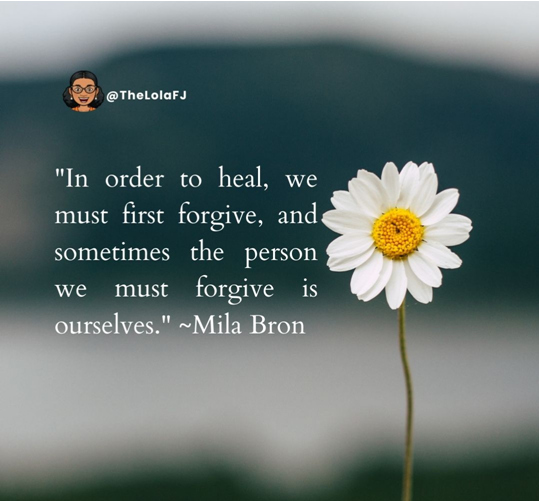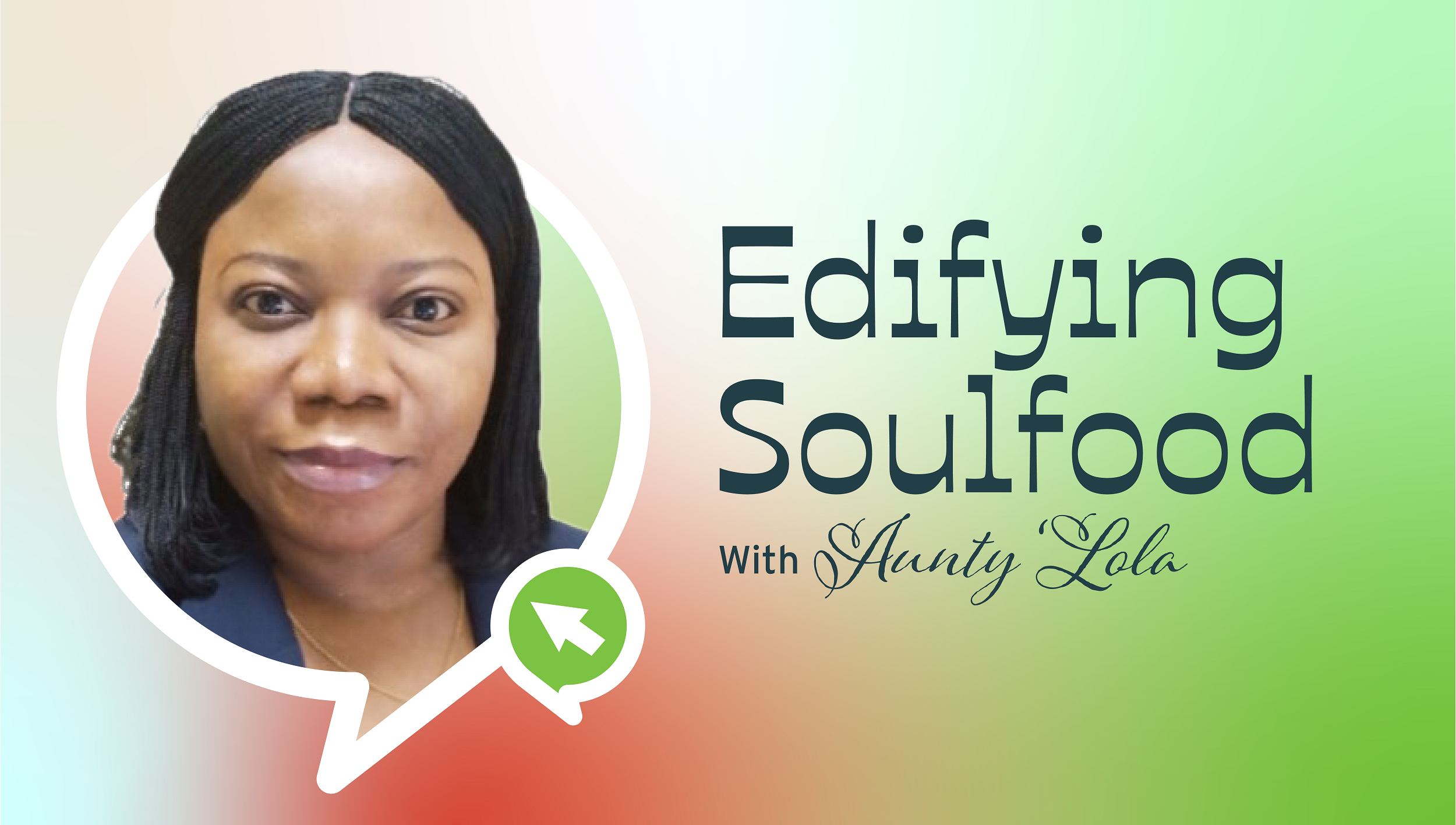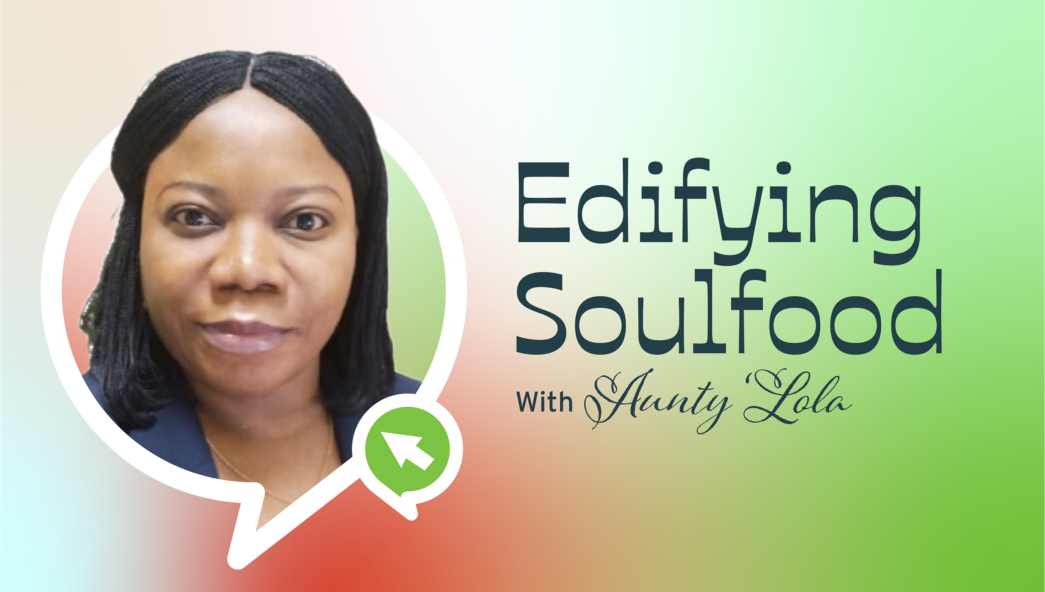Have you ever found yourself replaying past mistakes or hurtful experiences, unable to shake off the weight of guilt, shame, and self-criticism? Self-forgiveness is a vital component of mental well-being, yet it is often the most challenging aspect of personal growth. In this article, we will explore the concept of self-forgiveness, its benefits, and practical strategies to cultivate this essential life skill.
What is self-forgiveness?
Self-forgiveness is the process of releasing negative emotions associated with past mistakes, hurtful actions, or unmet expectations. It is a vital aspect of emotional well-being, often overlooked in the pursuit of personal growth. It involves acknowledging your role in the situation, taking responsibility, learning from mistakes, treating yourself with kindness, compassion, understanding, and allowing yourself to heal and move forward.
Self-forgiveness doesn’t erase the past but allows you to move forward, free from the burdens of guilt, shame, self-blame, and self-punishment. It is a conscious effort to release yourself from the debilitating factors that affect your well-being. Without self-forgiveness, lingering negativity can weigh on your mental health, leading to anxiety, depression, and a lack of self-worth. While it might seem counterintuitive, forgiving yourself can have a profound impact on your mental health, relationships, and overall quality of life.
Advertisement

The importance of self-forgiveness
Research highlights the significance of self-forgiveness in maintaining good mental health:
- Reduces emotional stress and anxiety: Holding onto guilt and shame leads to chronic stress and anxiety, which can have a severe impact on your overall health. Self-forgiveness decreases rumination and worry. It helps reduce this emotional burden, allowing you to feel lighter and more at peace.
- Improves relationships: Unforgiveness can strain relationships with others and yourself. Forgiving yourself can help you build healthier relationships with others as you become more empathetic, compassionate, and understanding towards others. Leading to healthier connections and fostering a sense of peace.
- Boosts self-esteem: When you forgive yourself, you are practising self-compassion. This improves your self-esteem, making you more confident in your decisions and interactions with others. Self-forgiveness helps rebuild confidence, and self-worth, and develop a more positive self-image.
- Enhances resilience: Practising self-forgiveness develops coping skills and adaptability. It can equip you to cope with future challenges and setbacks
- Emotional freedom: Holding onto negative emotions can lead to stress, anxiety, and depression. Self-forgiveness allows you to release these burdens and experience greater emotional freedom. It can liberate you from the emotional burden of guilt and shame, allowing you to experience greater peace and happiness.
- Promotes personal growth: Mistakes offer valuable lessons. By forgiving yourself, you open the door to personal development and resilience as you learn from your mistakes. This mindset shift allows you to focus on improving and becoming a better version of yourself. No one is defined by one mistake or one incident. And by accepting responsibility for what happened, you can achieve personal growth.
- Improves mental health: Research shows that self-forgiveness is linked to lower levels of depression and anxiety. By practising self-compassion, you’re nurturing a positive mental state, which is essential for long-term happiness

Barriers/challenges to self-forgiveness
Advertisement
Common obstacles to self-forgiveness include:
- Perfectionism: Unrealistic expectations lead to self-criticism.
- Fear of accountability: Avoiding responsibility hinders personal growth.
- Lack of self-compassion: Insufficient kindness and understanding towards oneself.
- Fear of judgment: You may worry about being judged or perceived negatively if you forgive yourself.
- Guilt and shame: These emotions can be powerful and difficult to overcome.
- Self-punishment: You may feel the need to punish yourself for your mistakes.
How to practice self-forgiveness
To cultivate self-forgiveness, try these evidence-based strategies and enhance your well-being:
- Self-reflection: Identify areas needing forgiveness and acknowledge your role.
- Acknowledge your emotions: The first step in self-forgiveness is acknowledging your feelings. It’s normal to feel guilt or shame after making a mistake, but suppressing these emotions only makes it harder to forgive yourself. Be honest with yourself about what you feel and why. So, recognise and validate your emotions, -including guilt, shame, or regret- even if they’re painful, without judgment.
- Take responsibility: Forgiving yourself doesn’t mean denying your mistakes. It’s about taking responsibility for your actions while recognising that they do not define you. Accepting responsibility is an empowering step that allows you to learn and grow. Acknowledge your role in the situation without blaming yourself excessively. No one is defined by one mistake or one incident. And by accepting responsibility for what happened, you can achieve personal growth.
- Understand your humanity: Everyone makes mistakes. It’s part of being human.
- Understand and learn from your mistakes: Examine the situation objectively and try to understand the factors that contributed to your actions. Instead of dwelling on past errors, reflect on them constructively. What did you learn? How can you improve? Identify the lessons you can learn from your experiences and how you can grow as a person. Shifting your focus to personal growth helps transform guilt into a tool for future success.
- Challenge negative self-talk or beliefs: Identify and challenge negative thoughts about yourself. Replace self-critical thoughts with compassionate and understanding ones.
- Release the guilt: Holding onto guilt keeps you stuck in the past. Practice mindfulness techniques such as deep breathing, journaling, or meditation to help you let go of negative emotions and move forward.
- Release the past and practice mindfulness: Let go of the negative emotions associated with your past mistakes and focus on the present moment. Practice present-moment awareness to release negative thoughts.
- Self-compassion exercises: Treat yourself with kindness, understanding, and patience, just as you would treat a friend in a similar situation. Self-compassion involves understanding that everyone makes mistakes and that it’s okay to be imperfect. Embrace self-kindness and avoid harsh self-criticism.
- Engage in self-care: Prioritise activities that promote your well-being, such as exercise, meditation, or spending time in nature.
- Letter to yourself: Write a forgiving letter to yourself from the perspective of a compassionate friend.
- Gratitude practices: Focus on positive aspects of your life. It’s been said that gratitude increases happiness and positivity.
- Seek support: Forgiving yourself is a personal journey, but it doesn’t have to be lonely. Seek support from trusted friends, family members, support groups, or talk to a therapist or counsellor who can offer guidance and encouragement along the way.
- Forgive others: Forgiving others can help you let go of resentment and bitterness, which can hinder your ability to forgive yourself.
- Set realistic expectations: Remember that self-forgiveness is a process, and it may take time. So, set realistic goals.
The impact of self-forgiveness on relationships
Advertisement
Self-forgiveness also positively influences your relationships. When you forgive yourself, you become more empathetic and understanding towards others. It allows you to create healthier connections, as you no longer carry the emotional baggage of unresolved guilt or shame.
Conclusion
Self-forgiveness is a powerful tool for improving your mental health and overall well-being. By letting go of past mistakes, you free yourself from negative emotions and open the door to personal growth, self-compassion, and lasting happiness, peace, and fulfilment. Embracing self-forgiveness allows you to break free from guilt and shame, embracing a happier, healthier you.
Self-forgiveness is a journey, not a destination. It may take time and effort, but the rewards are worth it. By recognising its importance, overcoming barriers, and practising forgiveness, you can:
Advertisement
- Release emotional burdens
- Cultivate resilience
- Enhance relationships
- Improve mental well-being
Start your journey to self-forgiveness today and experience the transformative benefits it can bring to your life. Remember, it’s never too late to start this journey of self-compassion and healing.
References
Advertisement
– Webb, J. R., Robinson, E. A., & Dula, C. S. (2017). Forgiveness and well-being: A systematic review and meta-analysis. Journal of Positive Psychology, 12(6), 560-579.
– Enright, R. D., & Fitzgibbons, R. P. (2015). Forgiveness and psychotherapy: A review of the empirical research using the REACH model. Journal of Clinical Psychology, 71(1), 1-14.
Advertisement
– Wierner, K. L., & Enright, R. D. (2012). Forgiveness and physical health: A systematic review. Journal of Behavioral Medicine, 35(5), 487-501.
– Worthington, E. L., & Scherer, M. (2004). Forgiveness and reconciliation in social relationships. In J. A. Simpson & J. G. Fletcher (Eds.), New directions in social psychology (pp. 133-155). New York: Guilford Press.
Advertisement
Funmilayo Jimoh (aka Aunty ‘Lola / Happiness Aunt), Edifying Soulfood columnist is a passionate advocate for mental health. She draws on her diverse educational background – including a Postgraduate Diploma in Education, MBA in Human Resource Management, and specialized training in Positive Psychology. When she is not delving into the latest research on human flourishing you can find her exploring the intersection of technology and well-being. Her goal is to empower individuals to cultivate fulfilling lives and reach their full potential. Connect with her on social media: @TheLolaFJ
Add a comment











